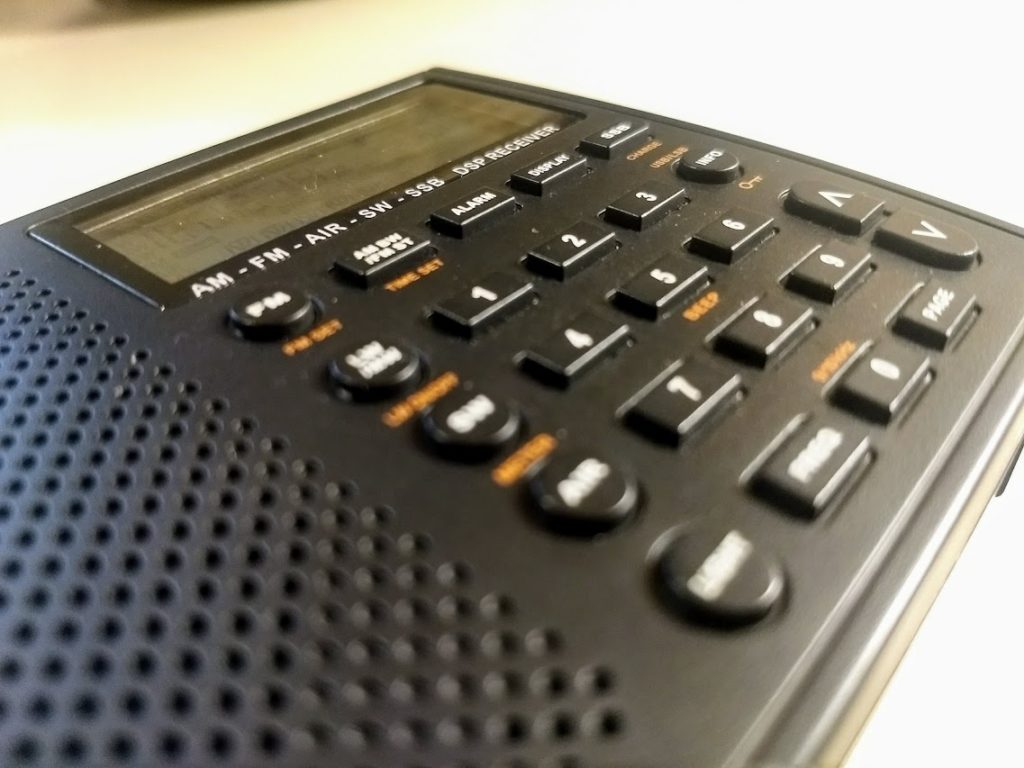(Source: The BBC Media Centre)
BBC’S Global audience rises to 376m
The BBC is reaching a record weekly audience of 376m people, new figures published today reveal.
The figures – the Global Audience Measure (GAM) – show how many adults the BBC reached weekly with its news and entertainment content in the year 2017/18.
The BBC World Service, which has just undertaken its biggest expansion since the 1940s, has seen its audience increase by 10m, to 279m.
The total global news audience has risen by a million, to 347m.The GAM shows the way people access their news is continuing to change around the world. With the increased availability of cheap smartphones around the world, audiences are continuing to switch to digital platforms for news. Overall, online news website audiences have grown by four million, with social media audiences up by nine million.
The English language international website, BBC.com, continues to perform well even in competitive markets like the USA, adding two million weekly users this year.
More people listen directly to World Service English via the internet than by any other method – a total of 27m. And World Service English podcasts now reach one million people every week.
However, shortwave radio listening continues its steep decline, with shortwave audiences virtually disappearing in Pakistan, and down substantially in Nigeria.
Jamie Angus, Director of the BBC World Service Group, says: “This has been an exciting year for the BBC World Service, with the launch of 12 new services, new programming, and the opening of new and expanded bureaux across the world, so it is great to see international audiences continuing to turn to the BBC for independent and impartial news.
The figures highlight not only the successes of our global news operation, but the challenges that lie ahead for us. We still need to grow the share of women engaging with our news services globally, and we need to ensure we have the right services to continue to attract young audiences.
At a time when Britain is forging a new relationship with nations around the world, the BBC’s global news services are more important than ever.”
The figures also show:
- More than a quarter of the BBC World Service’s audience is aged between 15-24 years old.
- In Afghanistan, more than 60% of the adult population consumes BBC News; in Nigeria the figure is just under 40%
- The top ten markets for the BBC’s international news services are Nigeria (41m), USA (33m), India (30m), Bangladesh (16m), Egypt (16m), Iran (13m), Afghanistan (12m), Tanzania (10m), Pakistan (9m) and Indonesia (8m).
- More people are consuming more than one BBC service, or using more than one platform to access BBC News; 24m people consume the World Service in English as well as other languages.
Notes to Editors
The Global Audience Measure is an annual update of how many people are consuming the BBC weekly for all services in all countries across all platforms (television, radio, website and social media). Key to this is de-duplication i.e. ensuring that a person who consumes multiple BBC services or platforms or on multiple devices is not counted many times in the top level totals.The total figure includes audiences for all BBC News services outside the UK and branded entertainment content on TV, BBC websites and social media pages for BBC Studios.
PR




